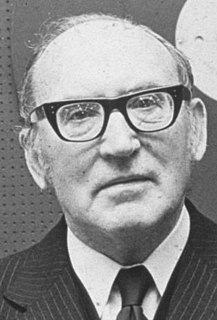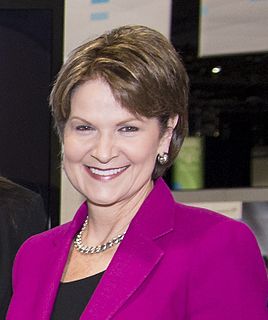A Quote by Noreena Hertz
Language is too complex for a computer to understand. It's not going to be able to make sense of what people are saying en masse. We need a new type of discipline that puts together computer scientists and social scientists, who can add context to the situation.
Related Quotes
Someone recently talked about mass surveillance and the NSA revelations as being the atomic moment for computer scientists. The atomic bomb was the moral moment for physicists. Mass surveillance is the same moment for computer scientists, when they realize that the things they produce can be used to harm a tremendous number of people.
Historians of a generation ago were often shocked by the violence with which scientists rejected the history of their own subject as irrelevant; they could not understand how the members of any academic profession could fail to be intrigued by the study of their own cultural heritage. What these historians did not grasp was that scientists will welcome the history of science only when it has been demonstrated that this discipline can add to our understanding of science itself and thus help to produce, in some sense, better scientists.
If you really want to be a good archaeologist, you have to understand ancient DNA; you have to understand chemical analysis to figure out the composition of ancient pots. You have to be able to study human remains. You need to be able to do computer processing and, in some cases, computer programming.
Part of what made the Macintosh great was that the people working on it were musicians, poets, and artists, and zoologists, and historians. They also happened to be the best computer scientists in the world. But if it hadn't been computer science, these people would have been doing amazing things in other fields.
A computer is like a violin. You can imagine a novice trying ?rst a phonograph and then a violin. The latter, he says, sounds terrible. That is the argument we have heard from our humanists and most of our computer scientists. Computer programs are good, they say, for particular purposes, but they aren’t ?exible. Neither is a violin, or a typewriter, until you learn how to use it.
What is the central core of the subject [computer science]? What is it that distinguishes it from the separate subjects with which it is related? What is the linking thread which gathers these disparate branches into a single discipline. My answer to these questions is simple -it is the art of programming a computer. It is the art of designing efficient and elegant methods of getting a computer to solve problems, theoretical or practical, small or large, simple or complex. It is the art of translating this design into an effective and accurate computer program.


































